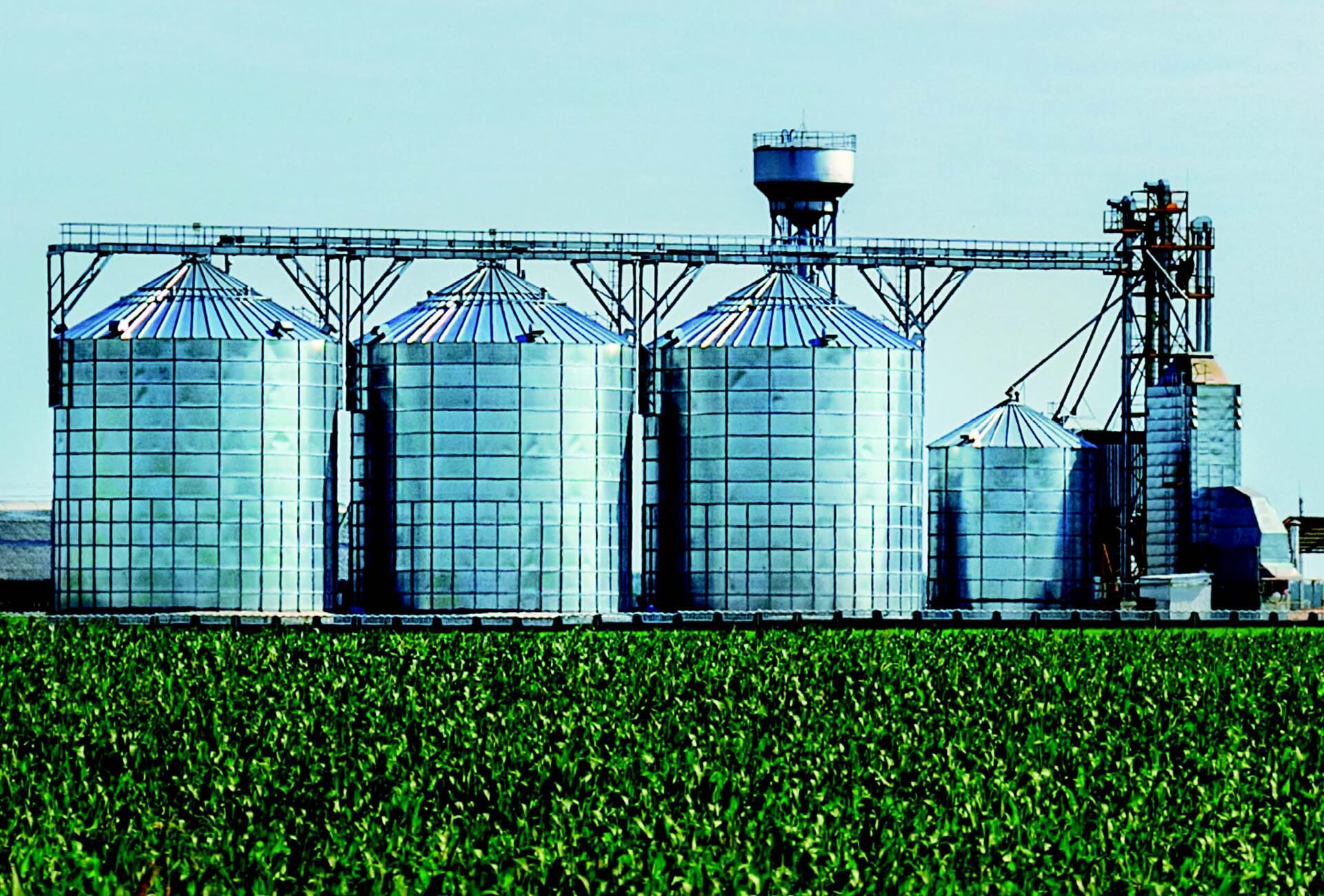A few years ago, TEADIT North America President Chris Day investigated his company and the industries he served to find signs of “silo mentality.” What he uncovered not only transformed the landscape at TEADIT but also radically impacted how the company approached its business.
By Angelica Pajkovic, Valve World
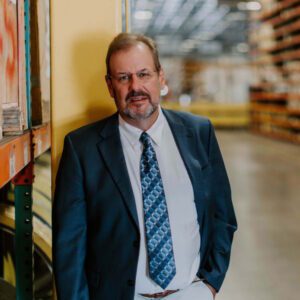 Valve World had the pleasure of speaking with TEADIT President, Chris Day, Vice President of Sales and Marketing Robbie Riggs, and Global Fugitive Emissions Expert, Bronson Pate, about the importance of liaising with experienced Subject Matter Experts (SMEs), the progression of advanced technologies, and the benefit of adopting a holistic approach to achieve emission reduction goals.
Valve World had the pleasure of speaking with TEADIT President, Chris Day, Vice President of Sales and Marketing Robbie Riggs, and Global Fugitive Emissions Expert, Bronson Pate, about the importance of liaising with experienced Subject Matter Experts (SMEs), the progression of advanced technologies, and the benefit of adopting a holistic approach to achieve emission reduction goals.
In business, a “silo mentality” refers to the compartmentalization of key business units within an organization so that they function, for the most part, independently from one another. This can be intentional, rooted in competition among senior managers, but in most instances, stems from a breakdown in communication, a fundamental lack of understanding around the job functions of other departments, or just naivety. Whatever the root cause, the best possible outcome for a functional ‘silo mentality’ within an organization is a loss of overall efficiency. On the other end of the spectrum, is a dysfunctional corporate culture.
“We knew we were on to something,” said Day, “but I never imagined just how impactful it would be to our business and, more importantly, to our customers to approach the industry as one functioning unit that works together to elevate each segment.”
Addressing pain points

As a company, TEADIT has long been an industry leader in advancing sealing technologies. Under the leadership of Global CEO Marcello Cattaneo Adorno, retired Global Technical Director Jose Veiga, and current Global Technical Director Carlos Girao, the company’s work with technologies like spiral wound gaskets and mechanical packing have raised the bar on sealing performance. The global community has embraced the need to reduce fugitive emissions, and countries and companies are looking for solutions; TEADIT has responded with new and better low-leak technologies.
While the spiral wound gasket and packing advancements have been huge steps forward in the industry, as is typically the case, the wheels of change turn slowly, and this was the challenge facing TEADIT; “We know we have high-quality products that meet the needs of our customers, we know we can eliminate leaks and reduce emissions, but how do we take those products to market? How do we connect our solutions with the ongoing pain points?” commented Day. Product advancements are commonly met with two big questions: (1) Are these changes going to cost more? and (2) Are the industry experts charged with procuring and implementing these changes even aware of the advancements?
Advancing the sealing industry
As Day drew on his experience and surveyed the industrial landscape, he recognized that, typically, industrial manufacturing facilities and organizations have a small group of personnel with the power to make the ‘big’ decisions. Those in charge of procurement and maintenance operations generally operate independently from environmental departments. As such, their goals and decisions tend to be focused on areas other than long-term environmental compliance solutions, which can be a huge obstacle to companies as they seek to reduce their carbon footprint.
It is not that these other departments do not care about the environment or want to make environmental compliance more difficult; they are simply driven by different agendas. Maintenance needs to keep the facility operating so that it can remain profitable. Procurement is focused on buying necessary items at the lowest possible costs. A better-performing product might be outside of the site’s current engineering specification or maintenance budget. These are legitimate roadblocks to the implementation of new technologies and eliminating them requires input from key decision-makers throughout the organization.
As Day sought to identify and understand the challenges in the industries his company serves, he also wanted to understand how those challenges would resonate inside TEADIT North America. “It is not enough to identify a problem,” relayed Day, “we must be equipped to meet the challenges head-on. I knew I needed to put together a team that could bridge the gaps between the various silos both inside and outside of TEADIT.”
TEADIT AT A GLANCE
Teadit Group is recognized worldwide as a leader in the development and manufacturing of innovative products for critical fluid sealing processes. The wide variety of sealing solutions developed by Teadit have been important tools for many industries, including oil & gas, chemical processing, and power generation. Teadit has helped several industries achieve the goal of an emission-free environment within their facilities. It is constantly investing in research and development to keep up with the evolution of the industry’s needs.
Teadit North America is located in Houston, Texas with seven worldwide locations in South America, Europe, and Asia. The variety of sealing solutions developed by Teadit is funda-mental to achieving the leakage-free goal in the many industries served. The quality and effectiveness of these solutions are based on management and innovation, which are the basis for all products manufactured at any Teadit plant. As a result of this continuous process of quality improvement, an ISO 9001 certification was obtained in Brazil, the United States, and Europe.
The 64-year history of Teadit began in Rio de Janeiro and has led to more than twenty patents on products and process. Their corporate values of integrity, reliability, safety, and being customer-focused all culminate in their vision statement: Sealing For A Safer And Greener Tomorrow.
A holistic approach
Many key pieces were already within the TEADIT family. Vice President of Sales and Marketing, Robbie Riggs, came to TEADIT several years ago with a wealth of experience implementing national contracts and sealing programs. He and Day had already worked to successfully negotiate and implement a global supply agreement with a major oil and gas/energy company. They had strategically focused on getting TEADIT products listed on approved manufacturer lists and worked together to recruit and train a highly technical sales team.
For his own part, Riggs, a degreed engineer, is not a stereotypical ‘sales guy.’ He regularly presents at industry trade and technical organization events.
He understands that successfully selling a product requires more than just good business acumen.
“It sounds cliché to say that you need to provide a solution, not a product, but that is the truth. The last thing this world needs is another industrial salesperson pitching products. People are busy. Add value or do not get out of the truck,” added Riggs.
To truly add value, the company must understand the customer’s problems and their root causes. The best place to gain insight into these matters is consulting with a subject matter expert (SME).
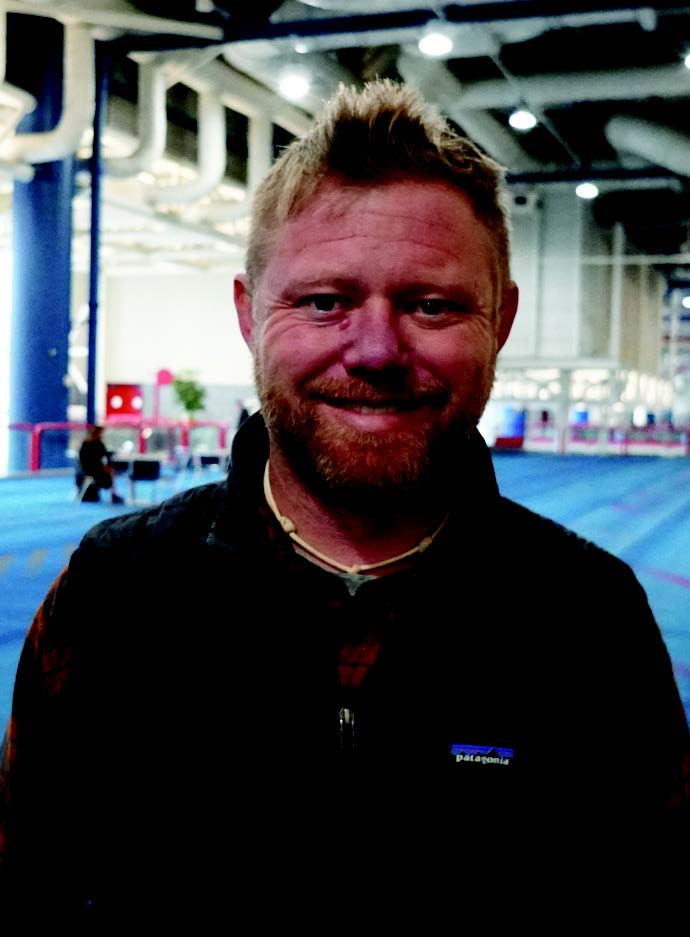

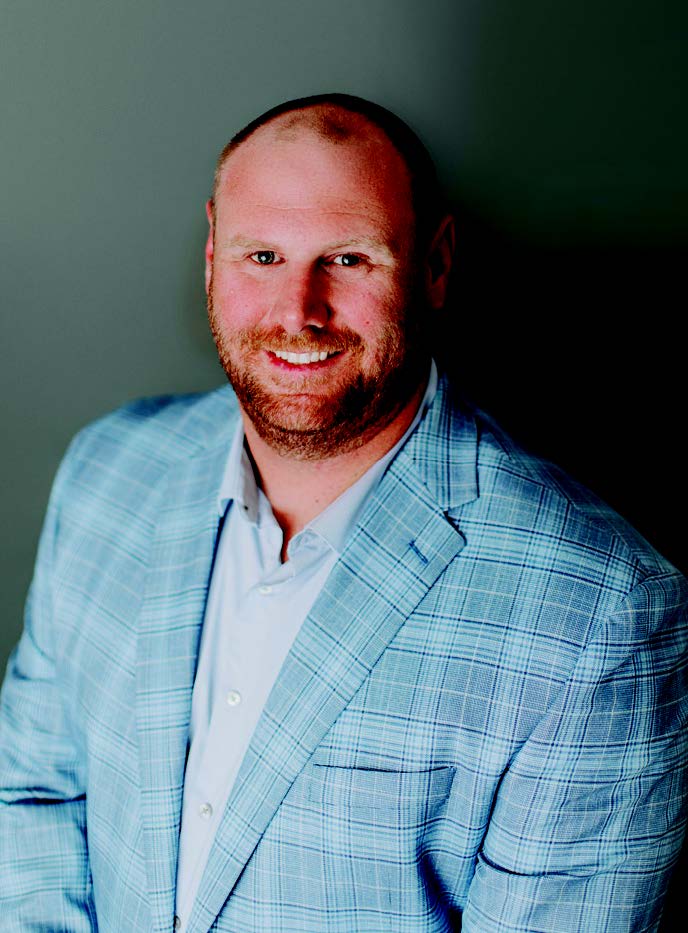
The benefit of SMEs
Day and Riggs agreed that having SMEs on staff was the way to go, and they set out to find them. Mark Ruffin fit the bill. Prior to joining TEADIT in 2022, Mark worked with Chevron for over ten years where he served as the SME on bolted joint reliability. He has and continues to serve on numerous technical and industry committees. “Ruffy” as he is affectionately called, brings a wealth of real-world end user experience to the table. Not only does he know the technical aspects of bolted joint reliability, but he understands the true costs of their impact. He has therefore dedicated his time to finding and developing solutions for leaks in real time.
He has an intimate knowledge of the daily challenges that maintenance and engineering teams face at major industrial facilities. When the opportunity became available for Ruffin to join TEADIT as their North American Technical Director, it was an immediate success.
“It was obvious Mark was the man for the job. Having him on the team has already had such a huge impact in such a short time,” said Day.
TEADIT did not stop there. It continued to look for opportunities to strengthen its team. “We knew if we were serious about selling low-leak solutions that would address the environmental concerns of our customers, we needed an environmental expert on our team,” Day continued. Bronson Pate was therefore the next individual TEADIT sought to improve its processes. In 2021, Pate was providing LDAR compliance consulting for the majority of the US refineries. Prior to that, he held positions as the VP of Compliance at RFS, Global Environmental Consulting Manager at AW Chesterton, and Client Consultant with Sage Environmental. He had amassed a lot of experience in LDAR and Method 21, environmental compliance, and consent decrees. These were all qualities that Riggs and TEADIT were interested in learning more about.
“For my part, I want to bring awareness and expertise to the challenges of solving fugitive emissions problems, and I believe TEADIT has the team, the products, and the desire to really make an impact,” said Pate. “TEADIT has put its proverbial ‘money where its mouth is,’ by investing in R&D projects to develop new and better technologies.”
Hundreds of thousands of dollars are spent to quality test products to ensure that they perform as certified low-leak technology once in the field. “I used to overhear the people say, “at TEADIT, premium performance comes standard.” At first, I thought it was catchy marketing, but now
I see it is truly a commitment to providing the highest quality and best performing engineered solutions to the market; it is not done with the goal of increasing profits, but with the goal of meeting customer needs.”
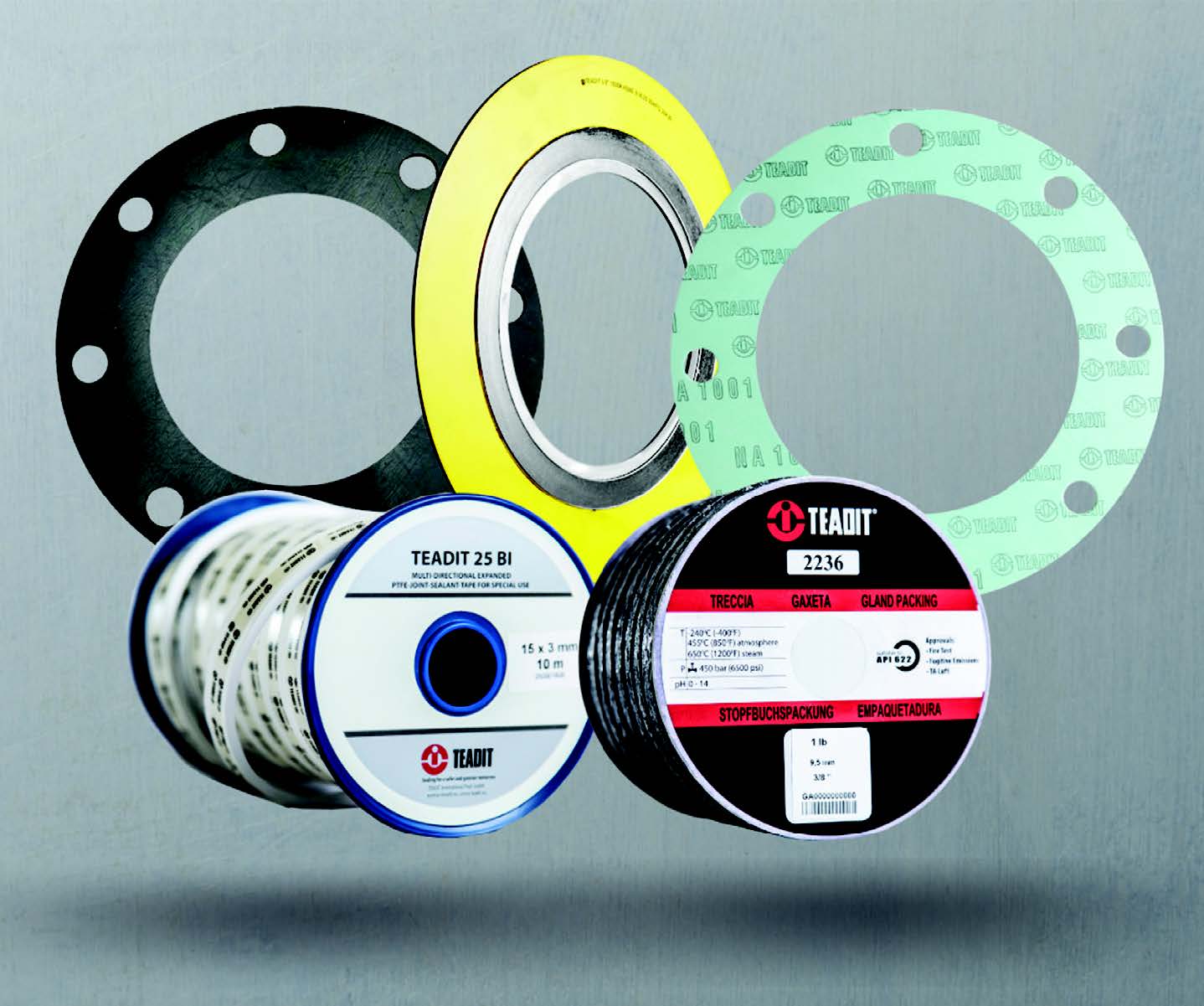
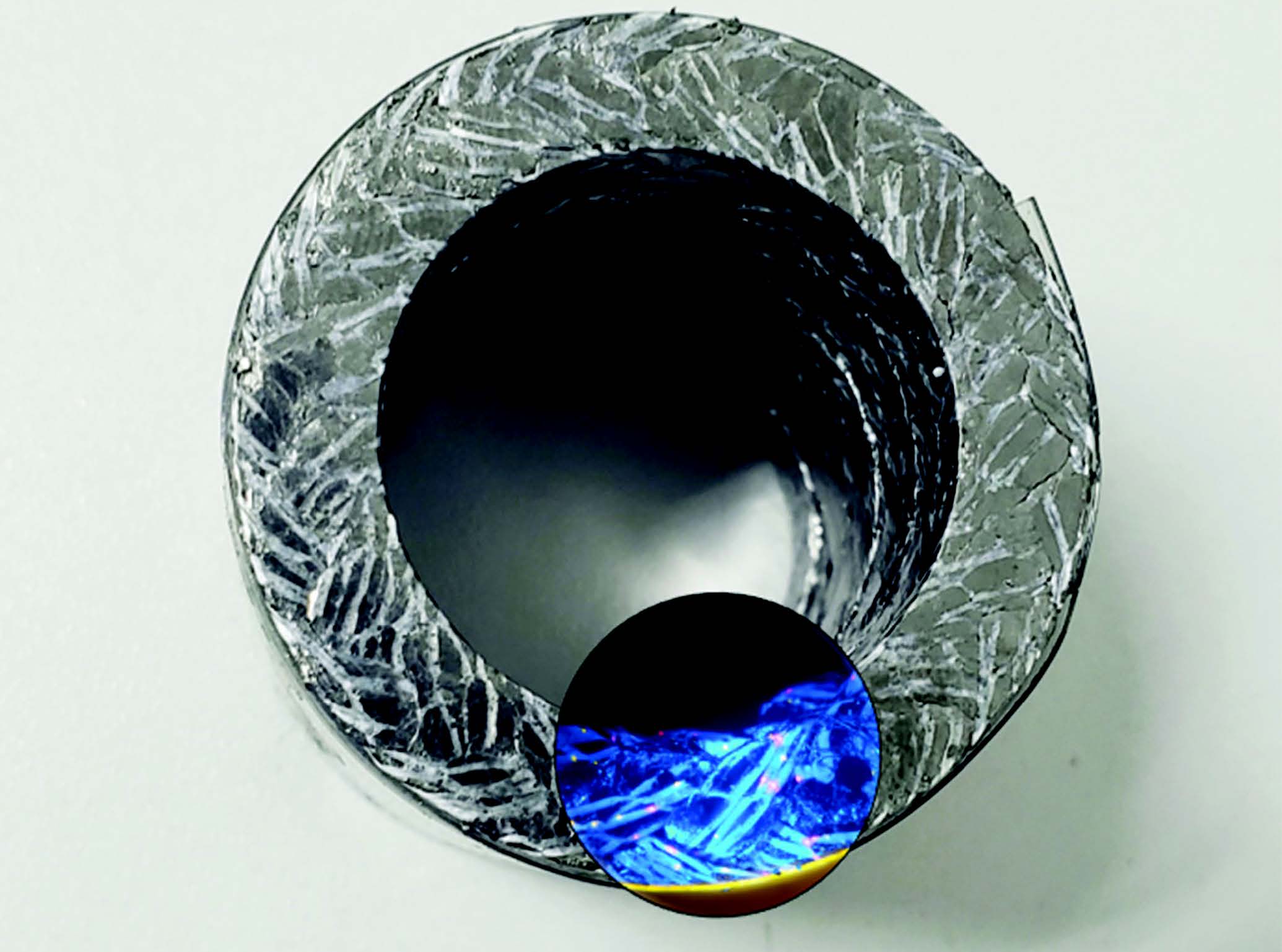
Quality guarantees
TEADIT carefully controls the specifications and rigorously tests its standard spiral wound gaskets to make sure that they meet ASME B16.20 performance standards, which are based on low-e technology thresholds. They developed TEADIT 2848, a brand new patented low-emission valve packing that performs unprecedentedly well in testing (1-2ppm) and features TEADIT TAGS™ for complete traceability.
“I get to see first-hand TEADIT’s commitment to being an industry leader in the environmental space. At this year’s sales meeting, the finer points of compliance were discussed, such as the differences between fugitive emissions, greenhouse gases, and criteria pollutants,” relayed Pate. “My long-time friend and colleague, Tim Goedeker (retired environmental SME for Phillips 66) even presented as a guest speaker. I do not think other manufacturers are having these conversations.”
Geared for the future
Chris Day began his investigation with the notion that TEADIT could be doing a better job of developing a holistic approach to meeting customer needs. He saw signs of the “silo mentality” and knew that it existed in the companies and industries TEADIT served. He had the foresight to understand that if TEADIT North America was going to reach the goals he had set for the company, it would take a unified effort of sales, marketing, engineering, operations, and even environmental to get there.
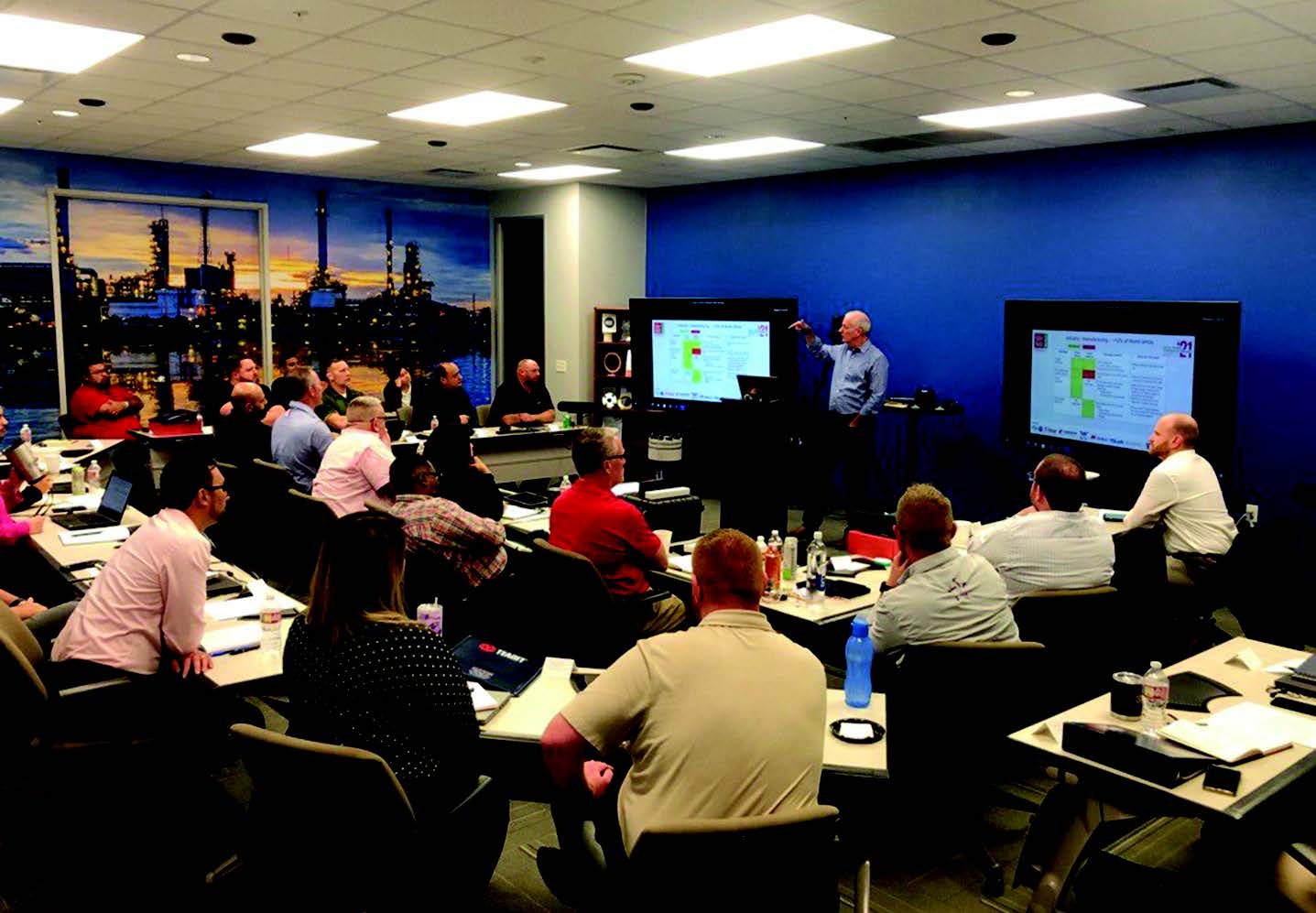
About this Featured Story
This Featured Story is an article from our Valve World Magazine, April 2023 issue. To read other featured stories and many more articles, subscribe to our print magazine. Available in both print and digital formats. DIGITAL MAGAZINE SUBSCRIPTIONS ARE NOW FREE.
“Every week we share a new Featured Story with our Valve World community. Join us and let’s share your Featured Story on Valve World online and in print.”


